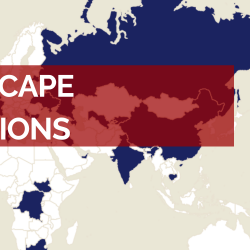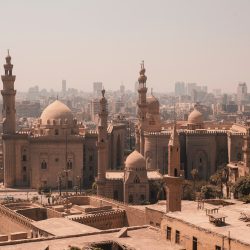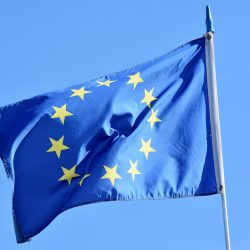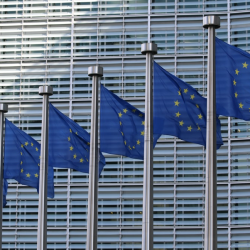Sanctions Watch: Spotlight on Individuals Sanctioned for Serious Corruption
11.07.2024 Website update The first half of 2024 saw nine new individuals fall under various sanction systems for corrupt acts. With this latest update to the Sanctions Watch website, we are highlighting some particularly notorious cases. Updates summary Several jurisdictions have imposed anti-corruption sanctions on high-ranking public officials accused of embezzling funds from their citizens. Read more about Sanctions Watch: Spotlight on Individuals Sanctioned for Serious Corruption[…]









